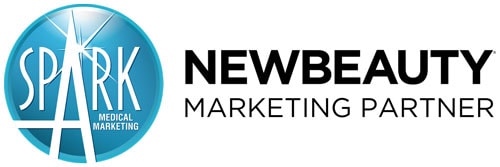Patient retention in healthcare is a critical factor for the success and sustainability of medical practices. By focusing on patient retention, medical practices can ensure continuous care, leading to better health outcomes and increased satisfaction among patients. One effective way to achieve this is through the implementation of Customer Relationship Management (CRM) systems, which offer numerous benefits of CRM in healthcare, such as improving patient engagement, streamlining communication, and enhancing overall patient experience.
CRM systems, such as SparkConnect, enable healthcare providers to streamline their processes and improve patient interactions. By maintaining detailed records of patient interactions, healthcare providers can offer personalized care, which is essential for building long-term relationships. As a result, patients are more likely to return to the same practice, enhancing retention rates.
Building Patient Loyalty in Medical Practices
Patient loyalty in medical practices is equally important as retention. Loyal patients are more likely to follow treatment plans, attend regular check-ups, and recommend the practice to others. A CRM system plays a pivotal role in cultivating this loyalty by ensuring that every patient feels valued and understood.
SparkConnect, for example, offers tools that allow healthcare providers to send personalized messages, appointment reminders, and follow-up communications. These features help in keeping patients engaged and informed about their health, thereby fostering a sense of trust and reliability. When patients feel connected to their healthcare providers, they are more likely to remain loyal over time.
The Benefits of CRM in Healthcare
The Benefits of
CRM in Healthcare
The benefits of CRM in healthcare extend beyond patient retention and loyalty. A well-integrated CRM system can significantly enhance the overall efficiency and effectiveness of medical practices. By automating administrative tasks and providing valuable insights through data analytics, CRM systems enable healthcare providers to focus more on patient care.
One of the primary benefits of CRM in healthcare is improved communication. With a CRM system like SparkConnect, healthcare providers can easily track patient inquiries and manage appointments. This seamless communication reduces the risk of errors and ensures that patients receive timely and accurate information, which is crucial for maintaining their trust and satisfaction.
Implementing SparkConnect for Optimal Results
Implementing SparkConnect for
Optimal Results
Implementing a CRM system like SparkConnect requires a strategic approach to ensure optimal results. First, medical practices need to assess their specific needs and objectives. This assessment helps in selecting the right features and functionalities that will best support their operations and patient care goals.
Training and support are also vital components of a successful CRM implementation. Healthcare providers and staff must be well-versed in using the system to its full potential. SparkConnect offers comprehensive onboarding training and ongoing support to ensure that medical practices can leverage the system effectively.
Finally, continuous evaluation and improvement are essential for maximizing the benefits of CRM in healthcare. Medical practices should regularly review their CRM usage, gather feedback from patients and staff, and make necessary adjustments to enhance performance and outcomes.
Enhancing Patient Retention in Healthcare
The impact of CRM on patient retention and loyalty in medical practices is profound. By utilizing systems like SparkConnect, healthcare providers can enhance their patient interactions, streamline operations, and build long-lasting relationships with their patients. The benefits of CRM in healthcare are numerous, making it an indispensable tool for modern medical practices aiming to achieve excellence in patient care.
